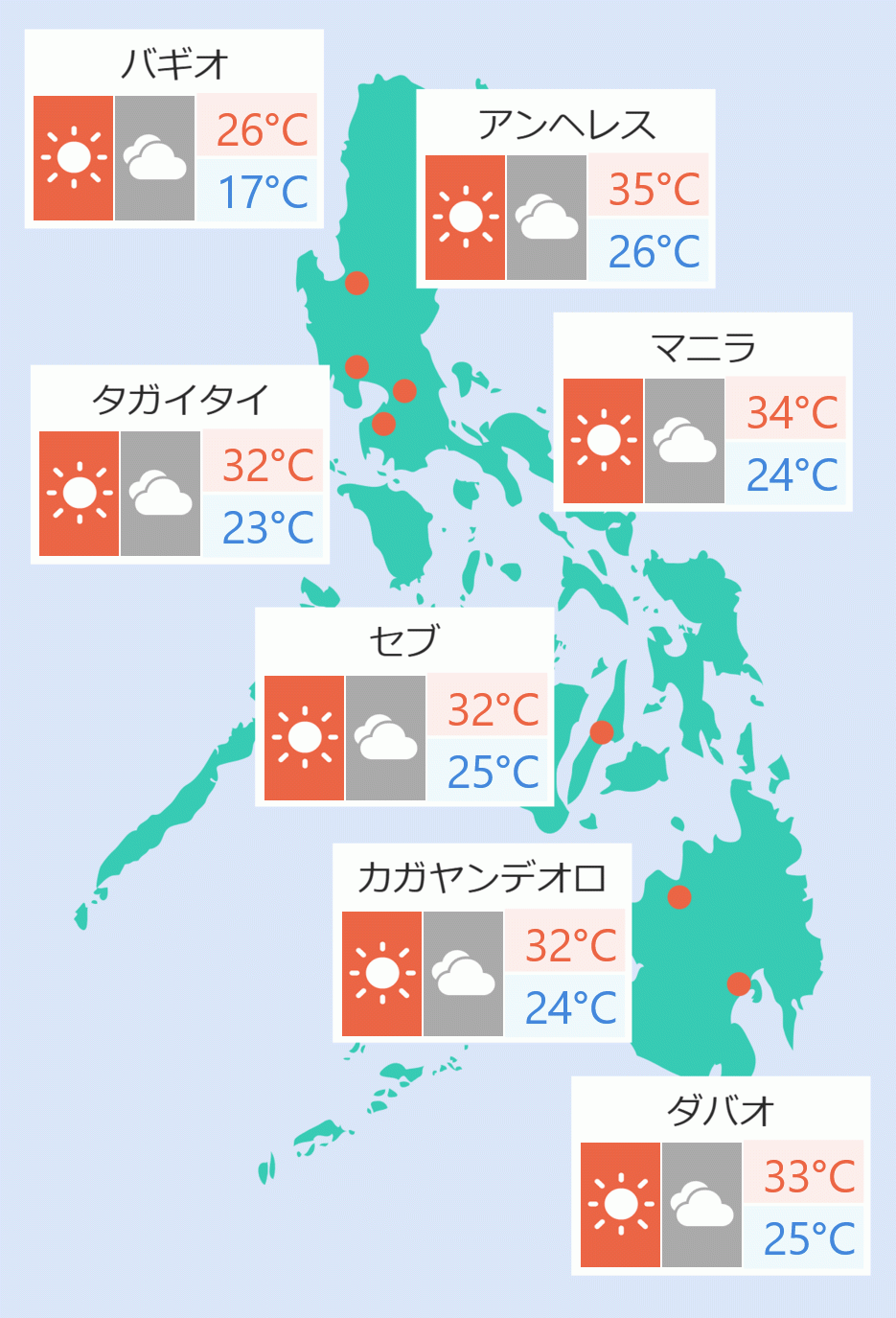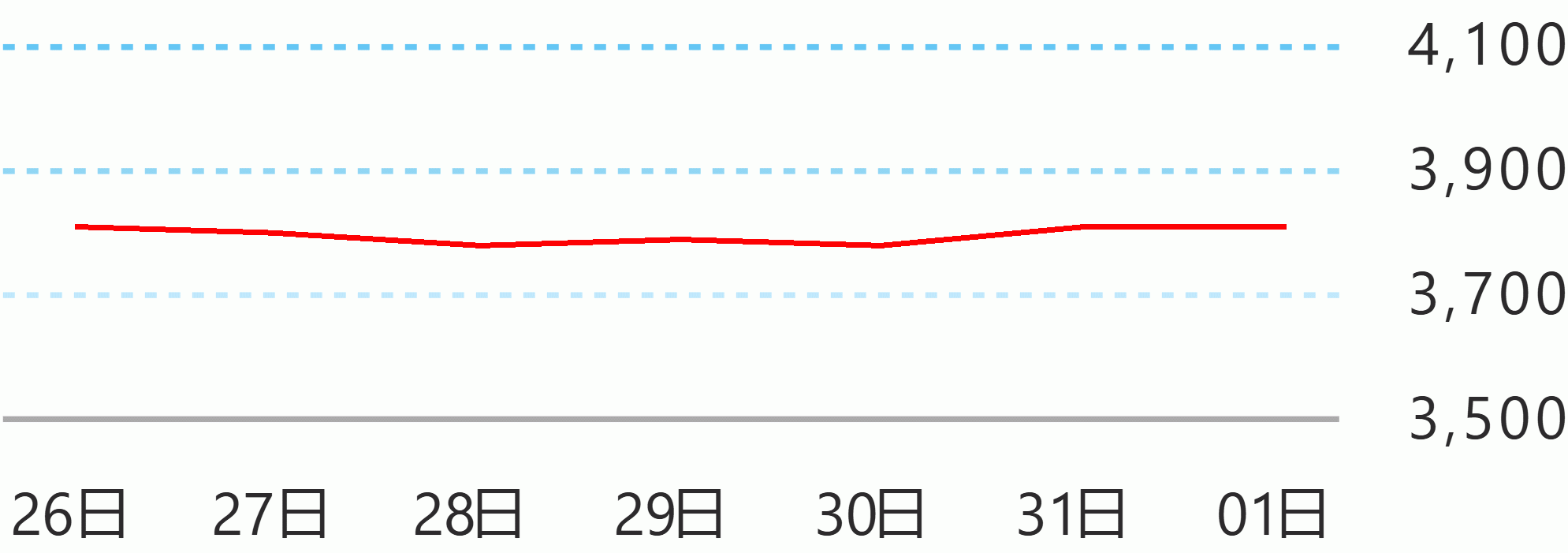Foreign direct investment (FDI) net inflows rose by 46.3 percent year-on-year, to reach $893 million in February from the $611 million net inflows recorded in the same month last year, the Bangko Sentral ng Pilipinas said Tuesday.
The increase brought the cumulative FDI net inflows to US$1.7 billion, higher by 8 percent than the US$1.6 billion net inflows posted in the first two months of 2021.
The growth in FDI reflected mainly the continued infusion of funds by non-resident direct investors to their local subsidiaries.
Specifically, the expansion in the January-February net inflows was due mainly to the 29.3 percent growth in non-residents’ net investments in debt instruments to $1.4 billion from US$1 billion in the comparable period last year.
Reinvestment of earnings was broadly stable at $152 million. Meanwhile, non-residents’ net investments in equity capital (other than reinvestment of earnings), though remaining positive, was lower by 46.7 percent at $204 million from $383 million in the same period in 2021.
This resulted as equity capital placements declined by 49.4 percent to $234 million (from $462 million), which more than offset the 62.1 percent drop in withdrawals to $30 million (from $79 million).
Equity capital placements originated mainly from Japan, the United States, and Kuwait. These were invested mostly in the manufacturing; financial and insurance; and real estate industries.
The increase in FDI net inflows in February was supported by the 40.8 percent growth in non-residents’ net investments in debt instruments of local affiliates to $722 million from $513 million in the same month last year.
Similarly, non-residents’ net investments in equity capital (other than reinvestment of earnings) grew by 320.1 percent to $97 million from $23 million in February 2021.
In particular, equity capital placements grew (by 26.5 percent to $116 million from $92 million), while equity capital withdrawals contracted (by 72.4 percent to $19 million from $69 million).
Equity capital placements were attributed mostly from Kuwait, Japan, and the United States. Capital infusions were channeled mainly to the financial and insurance; manufacturing; and real estate industries.
Meanwhile, reinvestment of earnings declined slightly to $74 million from $75 million. BSP





 English
English










